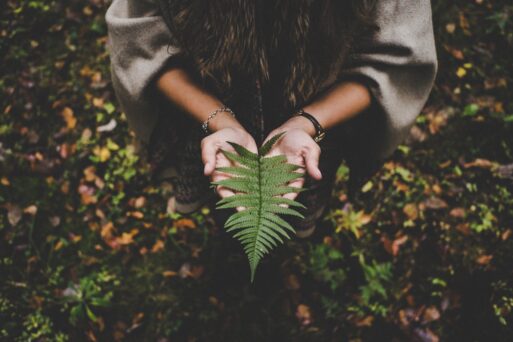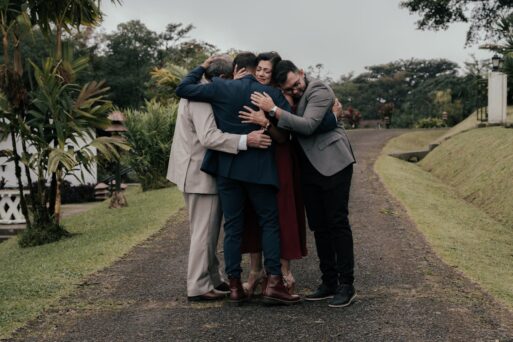
Many people are familiar with the concept of chaplains, who routinely provide spiritual and emotional support to patients in healthcare, incarcerated prisoners or university students, among others. In recent years, however, a new kind of chaplain has emerged to care for those grieving climate change: Eco-chaplains.
The term “eco-chaplain” may have been coined by Sarah Vekasi, a former Naropa University student, when she was ministering to central Appalachian coal-mining communities in 2005. A decade later, Rabbi Katy Z. Allen published an article calling for “a new kind of chaplain” – one that could address the sorrows posed by ecological grief.
“Temperatures are rising steadily, average rainfall is dropping, sea levels are rising, storm events are increasing in frequency and severity, and species are rapidly going extinct,” wrote Allen, then a staff chaplain at Brigham and Women’s Hospital in Boston. “All of us – everyone who lives on Planet Earth – are in a place where it is hard to be, in a place from which we can’t get out.”
One group, Sustaining Climate Activists, meets monthly at an Oregon library to support those mourning climate change. Facilitated by Rev. Liz Olson, a certified Buddhist hospital chaplain, the group involves identifying and sharing emotions, discussing current events, sharing food – and, of course, grieving. Like many chaplains in healthcare, as an eco-chaplain Olsen approaches spirituality as “that aspect of ourselves that seeks to find meaning and purpose,” according to NPR.

Credit: George Chambers
In recent years, eco-chaplaincy training programs have sprung up at Buddhist centers and Episcopal seminaries. Practitioners may facilitate group gatherings or ceremonies, provide one-on-one spiritual care, or hold larger, community-level conversations.
“Being an eco-chaplain, for me, feels like being rightsized,” said Lauren Van Ham, an interfaith faculty member at the Chaplaincy Institute, in an interview with Soujourners. “There’s nothing grandiose about this work. It’s about understanding that I am as much a participant in the ecosystem, like the mushroom, like the bird, like the creek bed. My spiritual practice invites me into ritual to grieve, lament, and process those feelings.
“It also encourages me to celebrate and praise and revere the beauty that is around me,” Van Ham said.

 Eco-Chaplains Help Cope with Climate Grief
Eco-Chaplains Help Cope with Climate Grief


 National Donate Life Month Reminds Us To Give
National Donate Life Month Reminds Us To Give
 How Dare You Die Now!
How Dare You Die Now!















